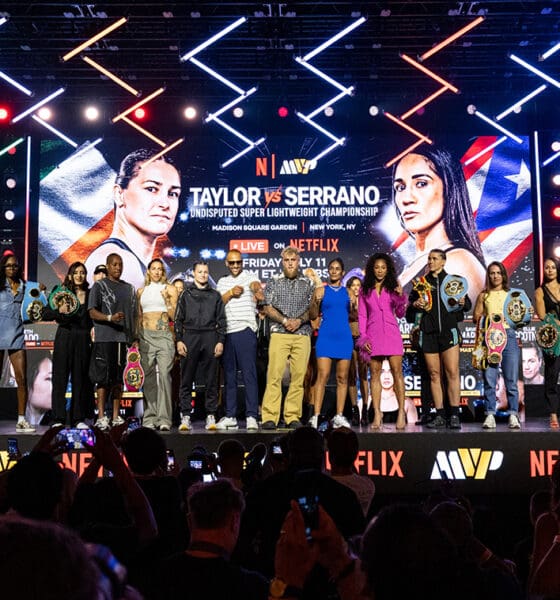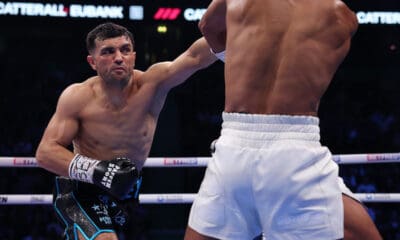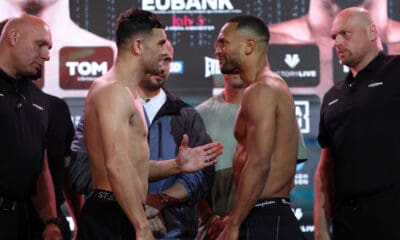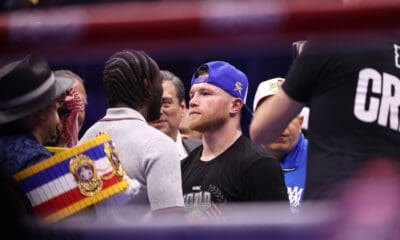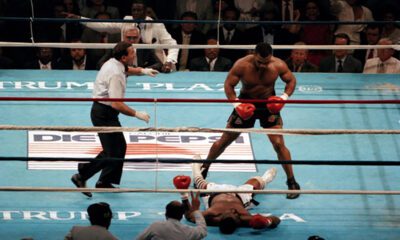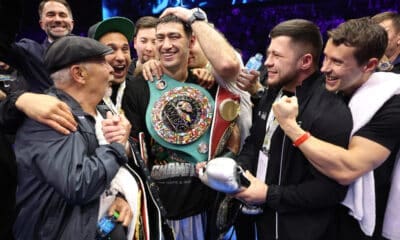FEATURED

Boxing
Taylor Serrano 3 Fight Week Schedule

Boxing
Manchester Mess: Jack Catterall Gets Win Over Harlem Eubank

Boxing
Catterall vs Eubank Headlines Independence Day Weekend

Boxing
ICE Arrests Julio Cesar Chávez Jr.: What We Know

Boxing
For Hamzah Sheeraz, Cricket’s Loss Is Boxing’s Gain

Boxing
Jake Paul Dominates Julio Cesar Chavez Jr.
More FEATURED
